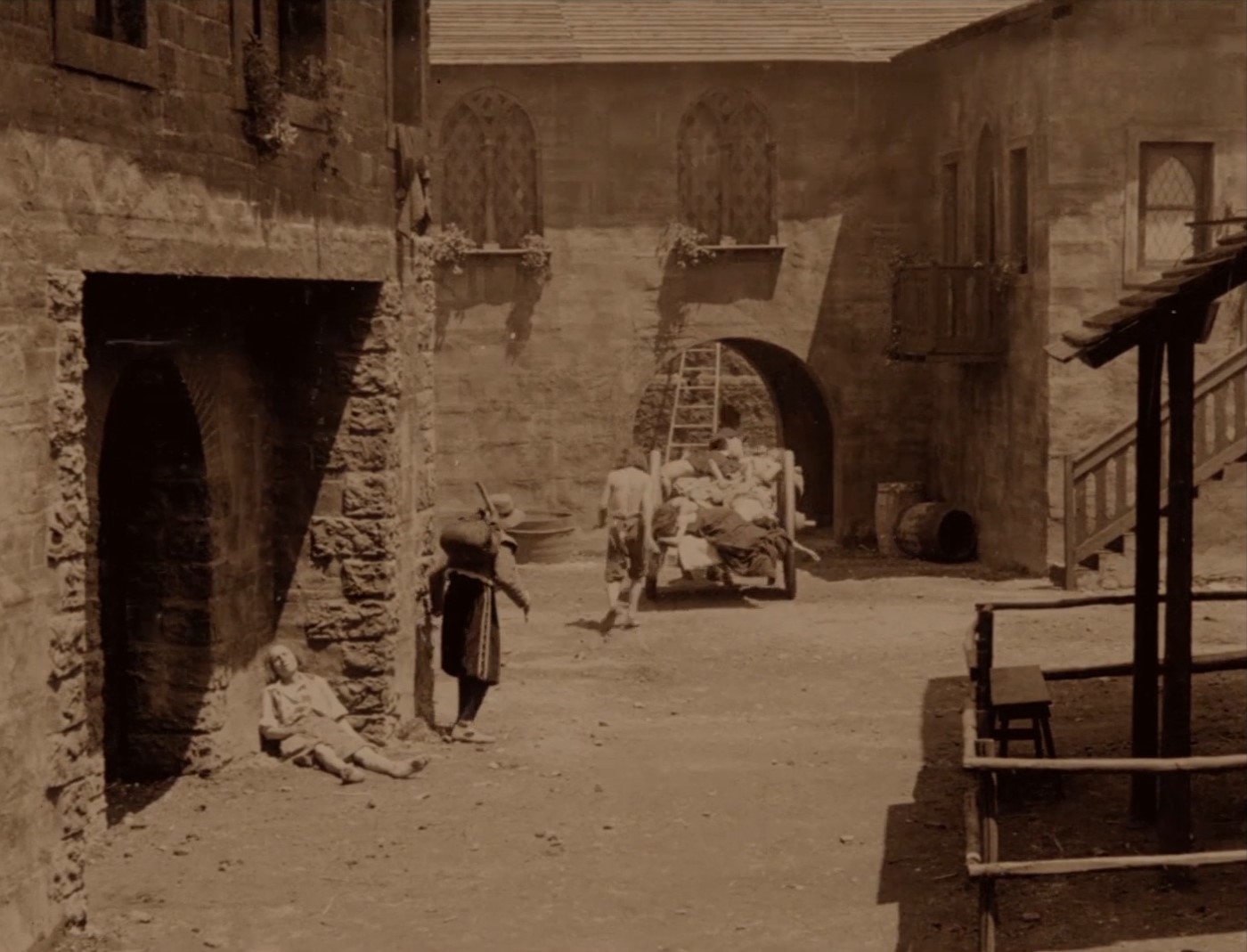Early Modern Pandemics, Quantitative Research and Inequality with Daniel Curtis
Episode 66 - June 17, 2021

Daniel Curtis (Erasmus University Rotterdam) talks to Merle and Lee about his diverse work that touches upon multiple disease-related fields. After an overview of the timeframe in which Daniel works – the late medieval and early modern periods, the conversation moves to a discussion of scholarly collaboration in the humanities. Daniel then discusses the benefits and challenges in quantitative work, especially in premodern contexts, and points out that few scholars reflect upon the biases in the datasets. These issues are connected to Daniel’s current project, which looks at inequality in the aftermath of premodern pandemic. The end of the interview focuses on another of Daniel’s recent projects – looking at diseases, epidemics and pandemics in film, where he examines how women or the poor appear in these films, or how they portray heroism.
Further Reading
- D.R. Curtis (2021). “From One Mortality Regime to Another? Mortality Crises in Late Medieval Haarlem, Holland, in Perspective.” Speculum, 96 (1), 127-155.
- D.R. Curtis (2021). “The Female Experience of Epidemics in the Early Modern Low Countries.” Dutch Crossing, 45 (1), 3-20.
- K. Ostherr (2005). Cinematic Prophylaxis: Globalization and Contagion in the Discourse of World Health. Durham, NC: Duke University Press.
- G. Geltner (2020). Before the Black Death. Past and Present, 246 (1), 3-33.
- L. Mordechai and M. Eisenberg (2019). Rejecting Catastrophe: The Case of the Justinianic Plague. Past and Present, 244 (1), 3-50.
Our Guest
Daniel Curtis,
Associate Professor – Erasmus University Rotterdam – Department of History
